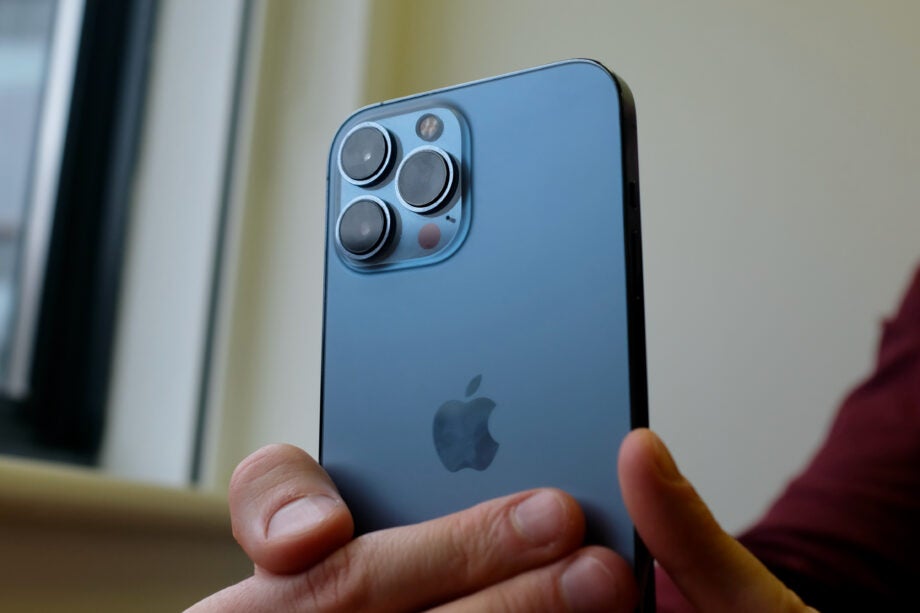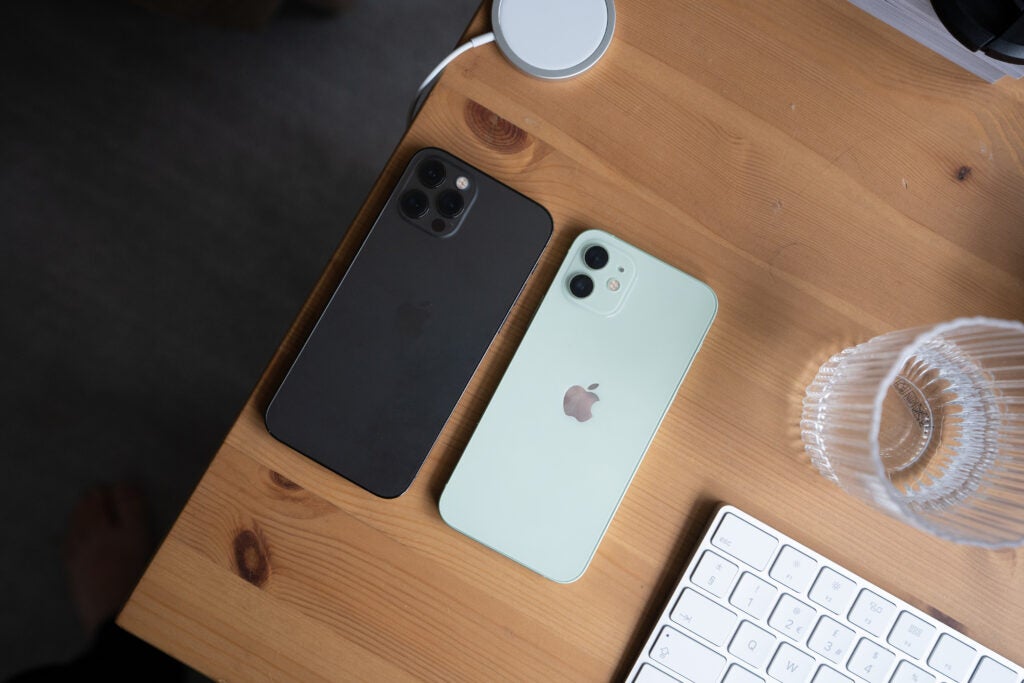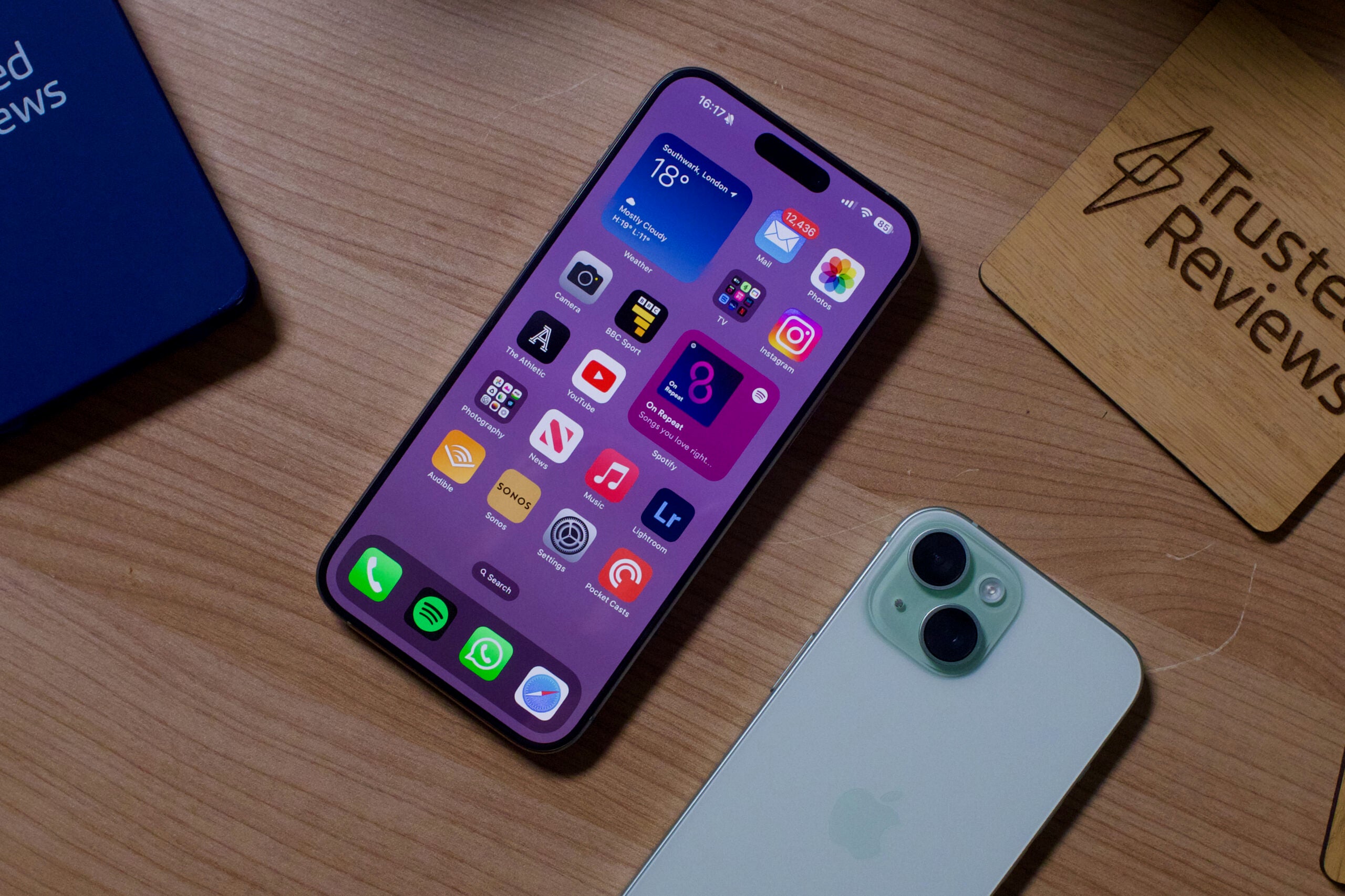iPhone hardware subscription would feed desire, not demand

OPINION: Apple offering a new iPhone hardware subscription would actually be a significant acknowledgement. No-one needs to upgrade their iPhone every year anymore.
A report from Bloomberg on March 24 claimed Apple is considering treating iPhones (and perhaps other hardware) in the way it treats its other subscription services like Apple Music and Apple News Plus. That sweet recurring revenue stream could soon be flowing from Apple’s most popular product as soon as 2022 or 2023, according to Mark Gurman’s sources.
A bit like the current iPhone Upgrade Program, users would get the newest iPhones every year without having to buy them or acquire them through their mobile network. Details are scant right now, but how could it differ? Potentially by enabling users to pair hardware with Apple One bundles, for the full package.
Sounds great doesn’t it? A fresh iPhone every year, no big initial outlay, and all the music, movies and TV, games, news, and cloud storage you need. Plus, AppleCare support when you need it?
However, if you read between the lines, Apple’s motives might be grounded in a new reality. The days of people upgrading their iPhone every year through more conventional means are almost over.
In the early days of the iPhone, reviewers always addressed whether the new phone was worth the upgrade, if you owned the current model. It was a serious question. The year-on-year advances seemed much greater and flagship phones weren’t as expensive. Most times, people like me could make a solid case for it.
These days, iPhones are more like cars. There’s no reasonable case for the average iPhone 12 owner to buy the equivalent iPhone 13. From what we’ve heard so far about the iPhone 14 so far, it’s unlikely that model will be too tempting to iPhone 12 users either. iPhones are more durable (my iPhone 12 Pro Max is a tank) and software optimisations mean they are better for longer.
Mobile phone network subsidies are less attractive, SIM-free contract options are too good and, as a result, upgrades have become less of a consideration for at least two generations.

The subscription service could reverse the trend of people waiting 2-3 years or more to update their iPhone handset, because it’d rely on our basic desires as tech fans to covet the shiniest and newest.
It’s easy to say ‘nah, I’ll wait’ when that means you aren’t shelling out £1,000 for the new phone and simply trading in as part of the ongoing subscription fee you’re paying. It would allow Apple to keep shareholders happy by shipping those hundreds of millions of new iPhones each year, boost recurring revenue and keep the latest tech in the hands of its most loyal customers
Effectively, it could become a smaller scale version of leasing a car, which has been become preferable for millions of people in recent years. You get to drive a fancy new Merc’ for a year or two, project that success without forking out £50,000, and then trade it in for the newest model when the time is right. It serves our wants rather than our needs, and that’s what Apple could go for here.
Marginal gains?
There are a few other factors to consider here too. Right now, Apple’s continued innovation is driven by pushing those upgrades. It still wants the new iPhone to be attractive enough to current owners to fuel their gadget lust, and desire to try those new features. Whether it’s that brilliant new piece of camera technology, ProMotion display, revamped design, or super-fast processing – even if people are generally waiting longer between upgrades.
The iPhone 14 will likely still tempt a lot of iPhone 12/13 owners to bite the bullet and upgrade early, even if it’s not necessary.
However, if Apple’s model switched to hardware subscriptions, would we see more marginal year-on-year hardware gains as a result? Will Apple recalibrate and start to do just enough to keep people on board, rather than pushing the envelope further and further with every release?
There’s a good chance this wouldn’t be the case. Samsung and other traditional Apple rivals’ advances would probably keep the company honest in that regard, but it’s still a point worth exploring. Especially in the context of reports the A16 chip within the iPhone 14 could be little more than a rebranded A15.
What about sustainability?
We must also consider the environmental implications of a switching to a subscription model. It’s not like music, or tv streaming. It’s a physical product that takes resources to built.
Let’s say this rumoured new program takes off and it becomes the dominant way to own an iPhone. It would undoubtedly result in a huge uptick in the number of second-hand iPhone models sent back to the company after just 12 months.
It would serve whimsical desire rather than demand and It would be quite difficult to justify for a company that is working hard to reduce its impact on the planet and its consumption of rare earth elements and finite resources, which are used to build the hundreds of millions of devices Apple builds each year.
How does further incentivising everyone to upgrade to a brand-new iPhone every year, when it isn’t really that necessary, fit in with the sustainability goals? Apple is vocal about during every product launch now, so that apparent contradiction would need to be addressed.
It wouldn’t please the Wall Street overlords, but surely, at some point, sustainability must include sustaining the use of a product that for most iPhone users doesn’t need upgrading every year.





